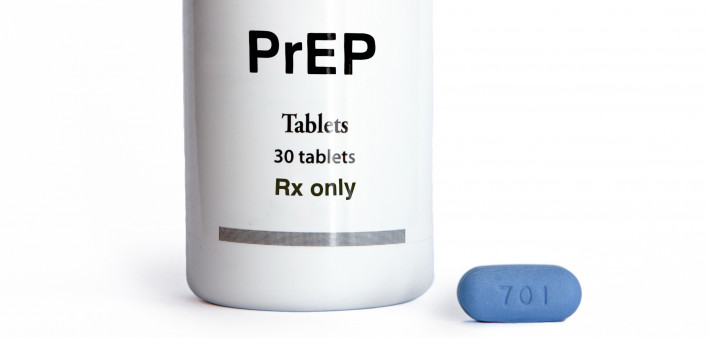Men who have sex with men (MSM) may harbor stigmatizing attitudes toward those who take Truvada (tenofovir disoproxil fumarate/emtricitabine) as pre-exposure prophylaxis (PrEP), perhaps seeing the HIV prevention tool as encouraging promiscuity.
Publishing their findings in Sociology of Health & Illness, researchers conducted five focus groups with 32 MSM in New York City to discuss their attitudes about PrEP. The groups were designed to include men of varied races and included both HIV-negative and -positive men.
For the most part, the participants were aware of PrEP before the study. (Truvada’s use as HIV prevention has become quite popular in the city in recent years, at least among white MSM, and the health department has run ad campaigns promoting PrEP’s use.) Nevertheless, not all the men had accurate information about the preventive modality—which reduces the risk of contracting HIV by 99 percent or more—norcould they all discuss it knowledgably.
Those who considered PrEP a social problem were inclined to perceive those using Truvada for prevention as promiscuous, irresponsible and naive. PrEP, they said, was driving down condom use among MSM while driving up sexually transmitted infection transmission rates.
Some of the study participants believed there were acceptable reasons for PrEP use, including being in a monogamous relationship with an HIV-positive partner, as well as unacceptable reasons, such as a desire to have condomless sex.
The study authors stressed that MSM who have either observed or perceived PrEP-related stigma may be less likely to use Truvada for prevention.
“Future studies,” the authors stated, “should focus on the ways advances in pharmaceutical technologies interact and potentially clash with cultural beliefs that construct symbolic boundaries between acceptable and unacceptable sexual health practices.”
To read a press release about the study, click here.
To read the study abstract, click here.







6 Comments
6 Comments